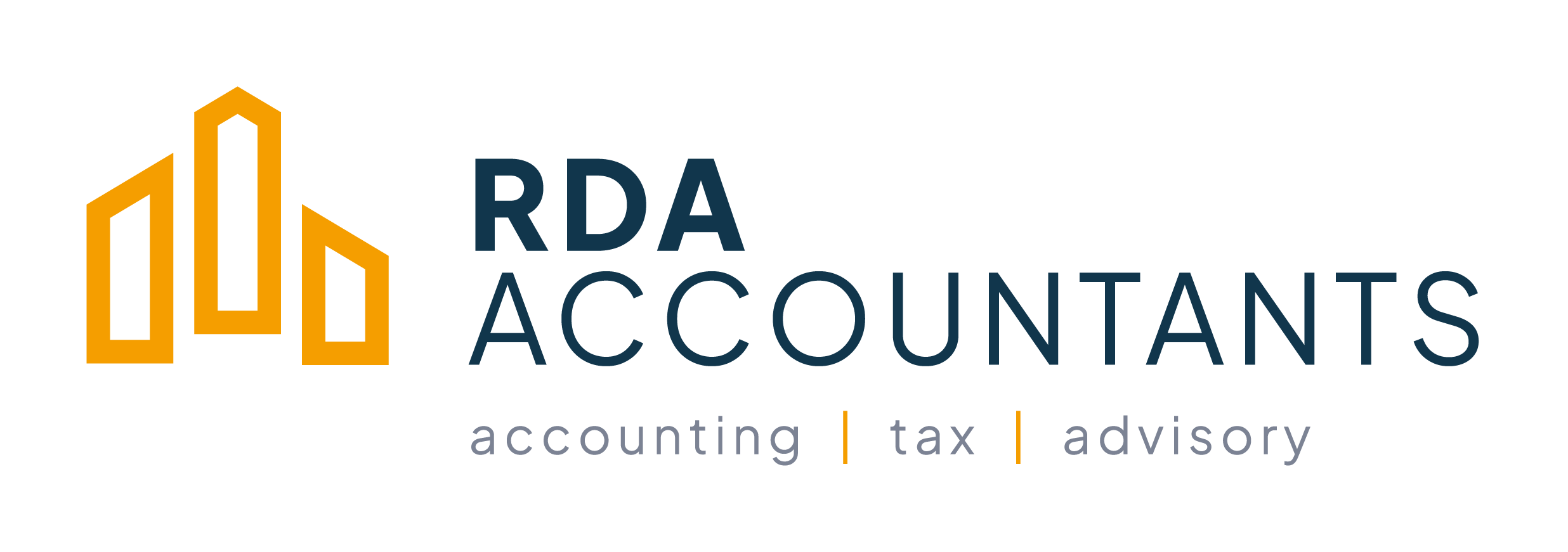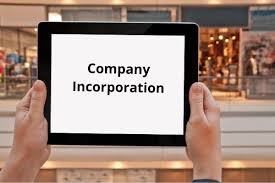I have recently made the decision to become self employed, but am unsure as to whether I should...
Winding up business - 5 big financial issues which must be dealt with
The 5 big financial issues which must be dealt with should you make the difficult decision to wind up your business
Stock
One of the first things you should deal with is whether or not you need to hand back stock to creditors. A sole trader or limited company may not be able to sell stock if it still belongs to the supplier - and so stock can be given back and used as part-settlement of the debt. If a sole trader still has stock left over after that, he can sell it. If a limited company is insolvent and still has stock left over, the liquidator can sell it.
Rent
If you're renting a business premises and have decided to wind up your business, you need to deal with your landlord.
For a sole trader, that usually involves handing back the keys of the business premises and agreeing a deal with the landlord on any rent owed. For an insolvent limited company, the liquidator deals with the landlord - however, if the directors have given personal guarantees around rent, they have to make a deal themselves with the landlord.
Redundancy
Redundancy must be addressed - if you have staff. The most emotive issue to deal with is employees. If employees are employed for more than two years, they're usually entitled to redundancy.
A sole trader is personally responsible for these redundancy payments - but if he's unable to pay, he can contact the Department of Social Protection (DSP) and come to an arrangement to have DSP pay the redundancy. However, if coming to such an arrangement with the DSP, the sole trader will need a letter from his accountant saying he doesn't have enough cash to pay the redundancy. If it's an insolvent limited company that's involved, the liquidator deals with the issue of redundancy - and processes claims through the DSP.
Tax
Before winding up a business, sole traders must ensure their tax affairs are in order. So tax returns must be up-to-date and any tax owed by the business must be paid. Where a business is unable to pay the tax owed, a deal should be struck with the Revenue Commissioners to repay the debt over time.
Once a sole trader has ceased trading and dealt with all his employees and sold his stock, he should deregister the business for VAT, PAYE and income tax purposes.
The tax affairs of a limited company are generally handled by the liquidator when the business is being wound up.
In a limited company, the liquidator will deal with Revenue. Generally, directors of a company are not personally liable to creditors, provided they have not traded recklessly or provided personal guarantees. However, the Revenue will pursue directors personally for any PAYE deducted from their salaries if it has not been paid over.
Bank
If you're a sole trader and you owe money to your bank, you need to deal with the bank and come to an arrangement around the money owed. If it's a limited company, the liquidator may agree the liability with the bank. The directors may be personally liable in respect of any personal guarantees.
Finally, It is very important that a business doesn't continue to trade when it is losing money - and likely to continue doing so in the future. We have seen many cases of directors losing family homes and their pension funds as a result of putting good money in after bad. A big issue for entrepreneurs is that by definition, they are optimistic - but in the ongoing climate, it's important to be realistic. There have been many bitter pills to swallow in the ongoing pandemic - but if the writing is on the wall for your business, winding it up sooner rather than later should give you a better chance of starting afresh.

